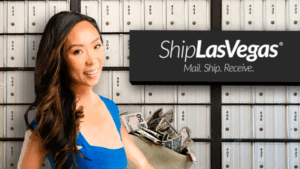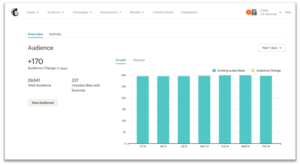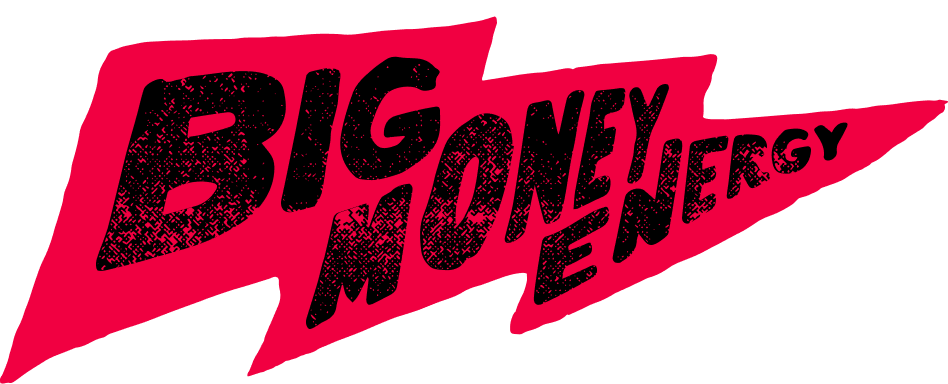
You won’t find many industries that grow by 60% over a 9-year period.
So we found one. You want in?
Heavy equipment rental.
Some projects call for stump grinders or forklifts, but most people don’t keep one in their garage.
Even among businesspeople who need to use heavy equipment, it rarely makes sense to buy.
But when you need some of this equipment to finish a job, there’s no substitute for the real deal machine.
By renting out equipment to people for short-term periods, you can cash in on a simple business model.
Buy it once, make money on it again and again.
But renting out equipment comes with 5 big challenges:
- You need to know exactly what equipment to buy and hold on hand.
- You need to know how you’ll reach your target customers to let them know they can rent from you.
- What if your equipment doesn’t rent? You’re not making money, and you might need those funds coming in to pay your equipment or business loan.
- If someone damages a machine, it’s out of commission until repaired. That downtime will cost you money in lost bookings.
- If the equipment breaks, you either need to fix it yourself or find someone who can, and it’s a specialized skill set.
You can earn consistent cash through renting. But only if you plan ahead for these issues and invest in the right equipment to start with.
Here are the steps to follow to start a successful equipment rental business and why buying someone else’s is a better choice.
Why Buy an Equipment Rental Business Instead of Starting One?
There’s no doubt there’s a huge demand for tools.
During the pandemic, plenty of people got into all kinds of DIY projects. What most of them didn’t have was the budget, space, or need to own their own tools.
Anyone can start an equipment rental business, but the entire model revolves around reliable machines. To start from scratch, you need at least a few machines in place, and those suckers aren’t free.
Consider the cost of one of the most popular tools to rent: the stump grinder.
One of these will run you $1500-2000 for a single machine. While you could rent out a stump grinder for $100-400 a day and earn your investment back with just a few rentals, you still need the upfront cash to buy it.
It’s a careful balance to determine what you can afford to buy and how soon you can earn straight profit from it.
If you find someone else looking to get out of the equipment rental business, you can take over their company and get all the machines in the process.
That’s not the only reason it makes sense to buy someone else’s company, either:
- You benefit from a proven model with existing rental contract prices and policies.
- You can build on the existing customer base and relationships of the previous owner.
- You can buy the company through seller financing, which involves customized deal terms with the prior owner.
You can find equipment rental businesses for sale right now on BizBuySell and LoopNet. And you can find off-market deals on BizScout, a platform we own to help entrepreneurs find boring businesses.
Buying an established business also opens the door to seller financing. This tool will allow you to start off with a business that’s already making money on terms that are far better than a bank loan.
But if you’re still convinced that starting from the ground up suits you better, follow these steps:
- Conduct market research
- Build a business plan
- Find out which licenses you need
- Secure funding
- Find your equipment
- Start marketing
- Set up operations
- Plan for maintenance
1. Dig Into Market Research
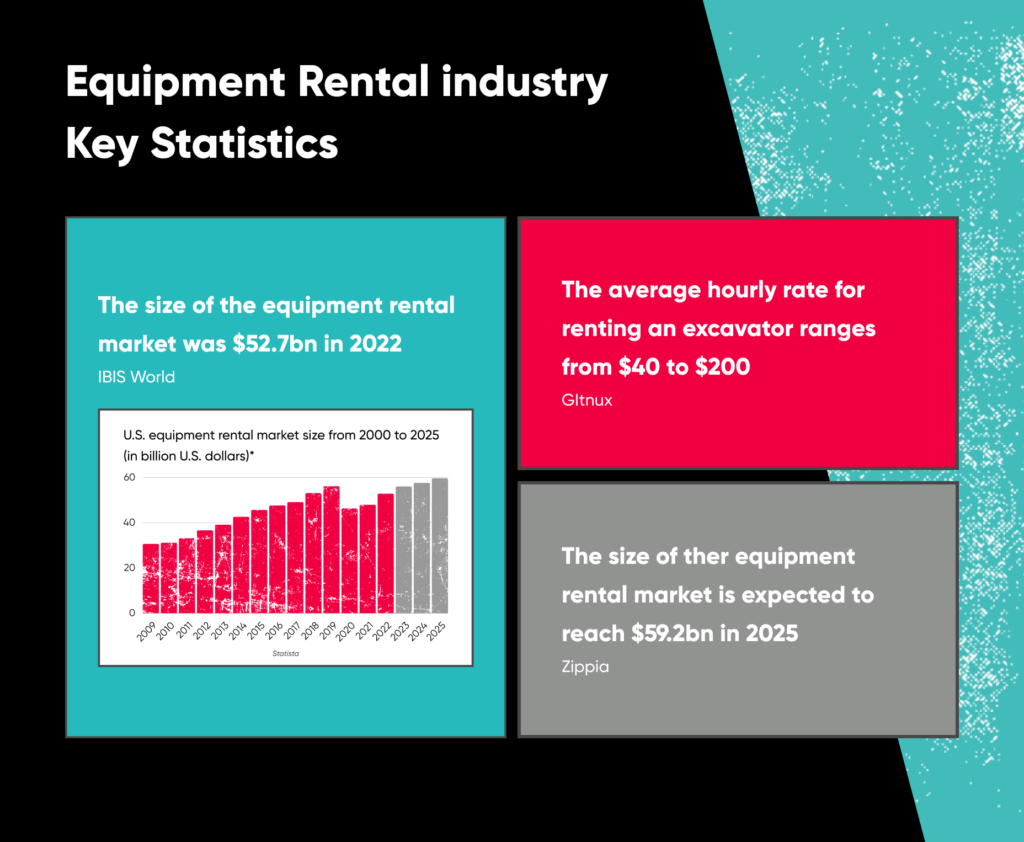
There’s a ton of variability in the rental business, from chairs for special events to backhoes for construction projects.
What kind of equipment interests you the most? Maybe you already know how to repair lawn equipment, so it makes sense to start with that.
But make sure you compare your interests with what’s in demand.
Market research tells you what people want. Look at search engine results and talk to people in your area to see what equipment turns up most often.
Nationwide, here are the most commonly rented equipment:
- Stump grinders
- Scaffolding
- Scissor Lifts
- Forklifts
- Pressure washer
- Trencher
- Paint sprayer
- Mini excavator
- Auger
- Sod cutter
Determine local demand by visiting local equipment rentals and asking about how often certain things are out with customers. Visiting these businesses also gives you a bird’s eye view into pricing models.
Learn what other benefits the competition offers. Do they train people on how to use it? Provide discounts for renting for a week or longer?
As you think about what equipment to buy, consider equipment depreciation and maintenance costs, too. Both of these factor into how much you can charge to rent each piece.
You won’t need to worry about the biggest hurdles in market research if you buy an equipment rental company from another business owner.
An established business will already have a good grip on its market. You’ll have the luxury of looking at past rental records to fine-tune the business into a better fit for customers.
2. Build Your Business Plan
As a new business owner, you should create a roadmap for your company. In your business plan, cover things like:
- Your estimated startup costs and ongoing expenses
- Projected revenue and profits
- An analysis of your target market and why you think there’s a need
- Plans for reaching that target market
You’re going to need a solid business plan if you plan on getting outside funding. Banks and investors will want to see this document before they hand out money.
An established business will already have a business plan that you can build from. You’ll be able to look at their current plan to decide for yourself if the long-term goals match your vision. You’ll be able to keep what’s working about the plan and jet the rest in favor of something better.
3. Know What Licenses You’ll Need and the Regulations to Follow
You need to register your business with your secretary of state before you can start renting anything out.
After that, check your local and state requirements for licenses and permits. You’ll need a general business license. And, if you’ve leased the equipment yourself, you will also need a seller’s permit.
Insurance minimizes your risks and sets you up prepared to deal with the challenges of running a tool rental business. Make sure you obtain policies for:
- General liability coverage
- Professional liability coverage
- Commercial vehicle coverage for company cars/trucks used to deliver equipment
You may also face zoning and storage regulations for your warehouse or rental yard.
Established businesses have the advantage here, too. Someone who buys an existing rental company can walk in one day with all the right paperwork in place.
4. Secure Funding
Startup cash is key for a brand-new equipment rental business. Here are your options:
- Personal funds like savings, credit cards, or a personal loan
- Bank loans
- Business loans (including money from the SBA)
- Investors
Personal funds could be a good place to start. But most people don’t want to tie up their entire savings in buying heavy equipment.
Bank loans are often a pain in the ass, with numerous hoops to jump through and strict terms if you do get approved. And the interest can come back to bite you if you’re not careful.
Business loans from the SBA or equipment loans may offer you the influx of cash required to buy your first few machines. Shop around for the best terms.
Investors can help you get things started, but you’ll need to account for both paying them back and any percentage of future profits promised.
If you buy an existing equipment rental business, seek out seller financing.
You can propose terms more in line with your current situation and may be able to pay the seller back using profits from the business.
5. Source Your Equipment
If you’ve done your market research and built your business plan, you already know what tools you need and what your budget should be.
Now it’s time to get your hands on the actual equipment.
Your equipment will be the biggest expense in your startup budget. Be smart about what you buy and choose machines that you can book frequently.
The big choice at this step is deciding whether to buy new or used equipment.
There are some benefits to buying new, like:
- New equipment has a longer lifespan than used machines.
- New equipment can come with solid warranties to protect your investment.
- You may see more frequent bookings with new machines than old ones because they have the latest technology.
But expect to lay out a lot of cash or take on leasing agreements if you buy new.
Buying used is a great way to acquire rental stock at lower prices, but you risk buying equipment that’s reaching the end of its lifecycle.
You deserve to know what you’re getting before you buy, so don’t skip over an inspection. Call in a professional to take a look first.
Look at auctions and liquidations for reliable used tools. You can find deep discounts on anything from power tools to heavy construction equipment in these sales.
You can also find used heavy equipment on sites like:
Make an effort to form vendor relationships whether you buy new or used.
As your business grows, you can tap into connections with trusted vendors and suppliers for potential bulk purchase discounts or potential extended warranties.
Buying a business that comes with relatively new equipment and service contracts gets you the best of both worlds. You keep your startup costs down and start making money on the tools from your first day. You’ll also benefit from established vendor relationships.
6. Marketing and Customer Acquisition
You can’t run an equipment rental company without 2 things:
- Tools people want to rent
- People who know you rent these tools
You’ve got the first part handled if you’ve followed the previous steps in this guide.
Now, you need a way to get your offerings out there.
Rental businesses can use both digital and traditional marketing to make customers aware of your service.
A strong digital presence will put you in front of your target customers right when they’re ready to book.
Start by building a website for your business that includes:
- Photos of your equipment
- Rental prices
- Booking details
Then, use digital ads on platforms like Facebook/Meta to let people know you exist. When they visit your website, make it easy for them to get in touch with you and even sign up to rent from the site.
Be sure to claim a free Google Business profile and ask customers for reviews, too.
People in your area who search for rental businesses online will see your listing and all of the reviews previous customers have left you. Positive reviews go a long way toward someone deciding whether they want to work with you.
Traditional marketing, like local ads and promotions, will also get your name in front of the right people.
For your company launch, try a variety of pricing promotions to get people out the door with tools.
One other customer acquisition tip: Don’t overlook networking.
Get to know the people who are most likely to rent your equipment. For example, you can join your local Chamber of Commerce to meet contractors and developers who would make great customers.
Getting traction and building your customer base is no cakewalk. You have to earn people’s trust as a new business owner.
But you can get an existing customer base and relationships when you buy someone else’s equipment rental company. All of their marketing efforts will benefit you, too. You’ll also be able to use existing cashflow from the business to pay for modern marketing tactics like digital ads.
7. Set Up Your Operations and Management
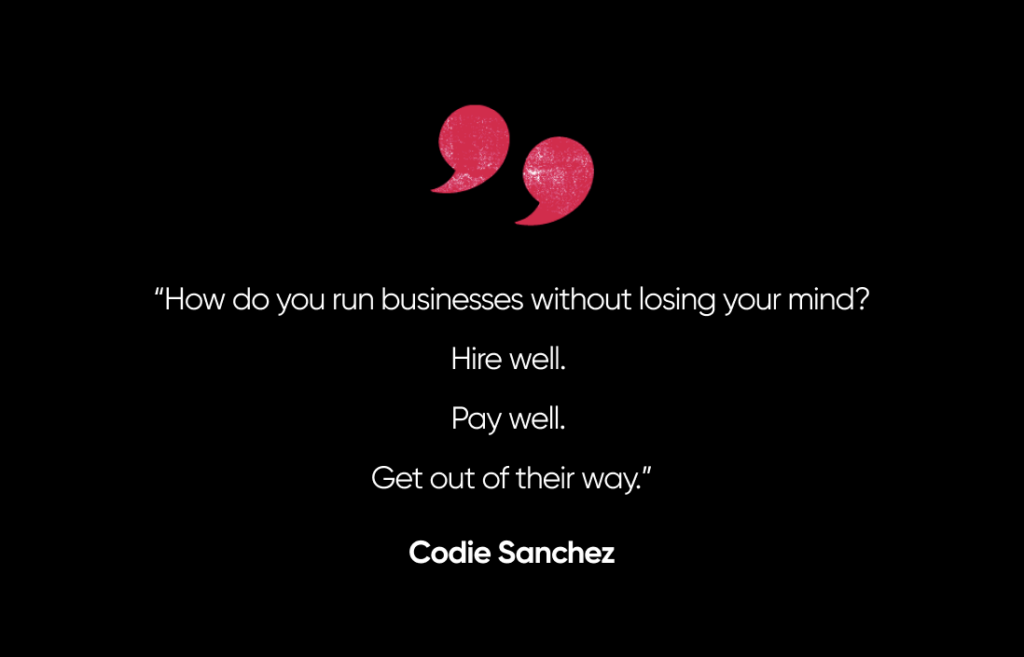
In order to get yourself out of the day-to-day, hire a team for operations and management.
Invest in software for inventory tracking and accounting. Check out Samsara and Booqable to keep track of your fleet.
Set up processes for equipment check-in and check-out and safety checks.
Train your team on customer service best practices and the importance of educating customers about your rules, too. The more your team knows, the less likely customers are to do something stupid with your tools.
You can get started with a team that knows what they’re doing by buying an established rental business. And you can even start with a hands-off business by promoting an existing employee who knows the lay of the land into the manager role.
8. Have a Plan for Equipment Maintenance and Repairs from Day 1
Your equipment? It’s the only way you make money.
Anything that breaks poses a real threat to profits and your reputation.
By creating a plan for maintenance and repairs, you can minimize your losses. Your plan should include:
- Regular maintenance schedules for every piece of equipment
- Plans to conduct timely evaluations for repairs
- How you’ll find trustworthy service providers to help with repairs
- What safety standards and checks you need for each item
If you buy someone else’s equipment rental biz, talk to the owner in depth about how they handle these issues. It’s a big win if you can continue partnering with existing service providers.
Growing and Scaling Your Business
As a new business owner, most of your time will focus on marketing and generating revenue. As you grow, look for ways to systematize things to make life easier.
Once you earn consistent business, it’s time to think about scaling. A couple of ways to do that:
- Expand your equipment range
- Offer new services (such as contracted excavating run by your trained operators)
- Expanding into new markets
New business owners need to build up before they can start scaling. But that doesn’t mean you shouldn’t think ahead to what you will do when you get there.
People who buy an existing business are at an advantage here. If the business is already pulling in customers, you could start growing the business as soon as you have your bearings.
From Idea to Inventory
With the right tools, marketing plan, and software, you can provide equipment people need for at-home or commercial projects.
By starting your own equipment rental business, you tap into a big demand for special tools. But you need a plan for how you’ll get your tools and keep that equipment functional and safe.
But finding someone else who wants to pass the reins to you and has the staff, tools, and systems in place? That’s a great way to get your foot in the door.
